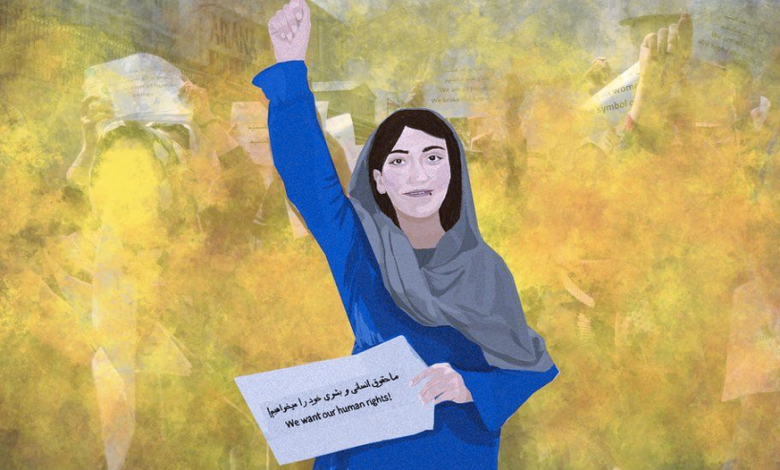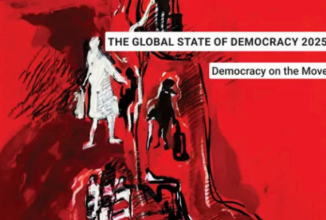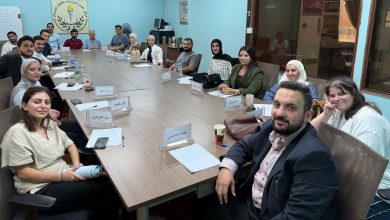ACHRS Statement: Secret diaries of Afghan women prove deterioration of rights

On the 6th of December, the BBC published five stories of Afghani women. These stories describe the changed reality for all Afghani women since the 15th of August when the Taliban took over and Kabul fell. ACHRS applauds the courage of the women to share their stories but strongly condemns the Taliban for stripping so many women of their rights.
Click here to download or view as PDF
Since the 15th of August, five women have sent in stories about their lives to the BBC. While the “diaries” of these women have been published at the beginning of December, their reality has not changed since and is, therefore, still relevant. Moreover, the diminishing women’s rights have resulted in the international community cutting off most of the funding that went to Afghanistan, leaving the country in poverty.
What the stories represent very well, are the women’s rights the Taliban has taken away. At the start of December, the terror group publish their ‘decree on women’s rights’. While it positively states that “[…] a woman is not a property, but a noble and free human being; no one can give her to anyone in exchange for peace…or to end animosity”, it does not include a woman’s right to education and the right to work. Moreover, these rights were already entrenched in Islamic law and should therefore not be applauded, but seen as normality. The missing rights become very clear from the diaries: one of the women explains that now, her classroom only consists of teenage boys, as girls are no longer allowed to follow secondary education. Another describes herself being pushed against a wall and attacked with teargas, in response to her attempt at peaceful protesting against the loss of her rights.
Currently, grave poverty has hit Afghanistan, as nearly 80% of the State’s economy was built on funds from the international community. However, these funds have been frozen, as women’s rights – and especially girls education – are of such importance to the international community that recognition of the State of Afghanistan, governed by the Taliban, is no longer an option. While ACHRS supports this decision, it has on the other side created a new humanitarian crisis: hospitals are not funded anymore making them unaffordable and the same goes for food. According to the United Nations, 97% of the Afghani population will soon be living below the poverty line.
What does not help the situation is the fact that the Taliban has disbanded the Ministry of Women’s Affairs, an important entity in advancing women’s rights under Afghan legislation. According to the UN, they have also repealed the Elimination of Violence Against Women Law, which was passed in 2009 to safeguard women from atrocities like forced marriage, leaving them without resort to justice.
Considering other international law, Afghanistan has ratified CEDAW (Convention on the Elimination of All Forms of Discrimination against Women) in 2003. This Convention states in article 10 that States Parties should take all relevant steps to eliminate gender discrimination to achieve equal rights for women and men in the area of education. The Taliban is at the moment not doing any such thing. Furthermore, Article 11 of the same Convention states that the right to work is an inalienable right of all human beings. Therefore, we can conclude that the Taliban is actively going against international law. It seems farfetched that the Taliban through law loopholes is trying to achieve international recognition and have, with that, unfrozen international funds.
The diaries of the five women show exclusively what it is like to live in Afghanistan nowadays, with a highlight on the deterioration of their rights to work, protest or follow secondary or higher education. ACHRS praises the women’s bravery and resilience in sharing their experiences but strongly condemns the Taliban for depriving so many women of their rights.
Image Source: Ghazal Farkhari via BBC





